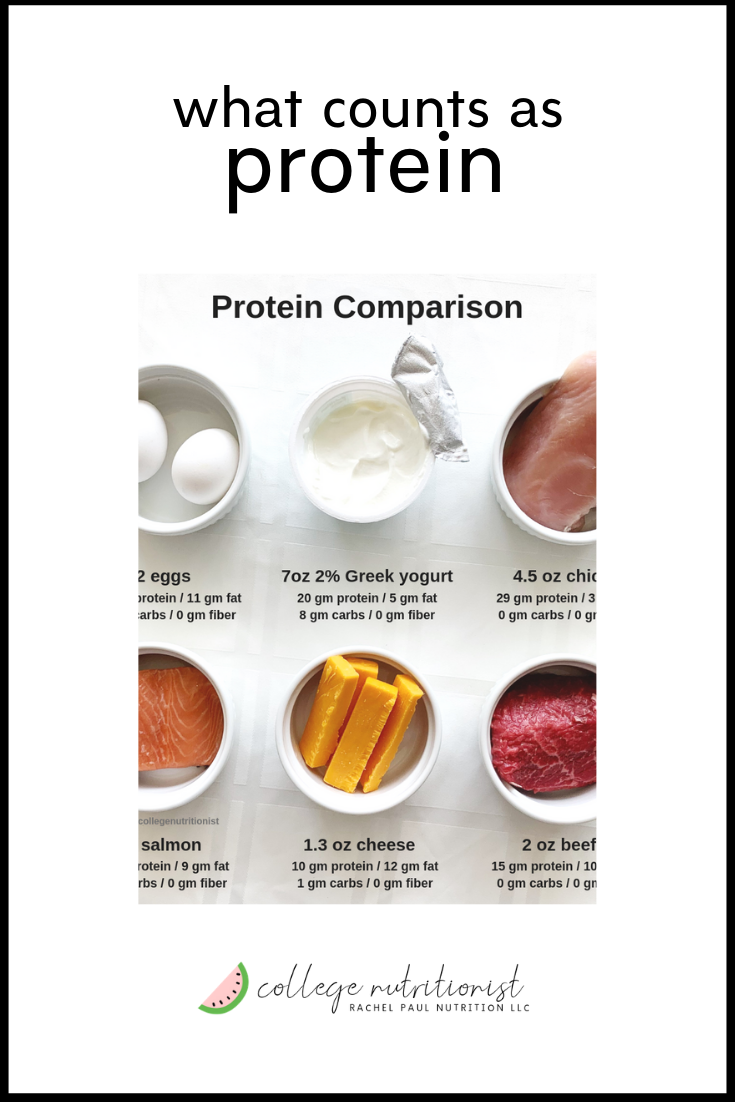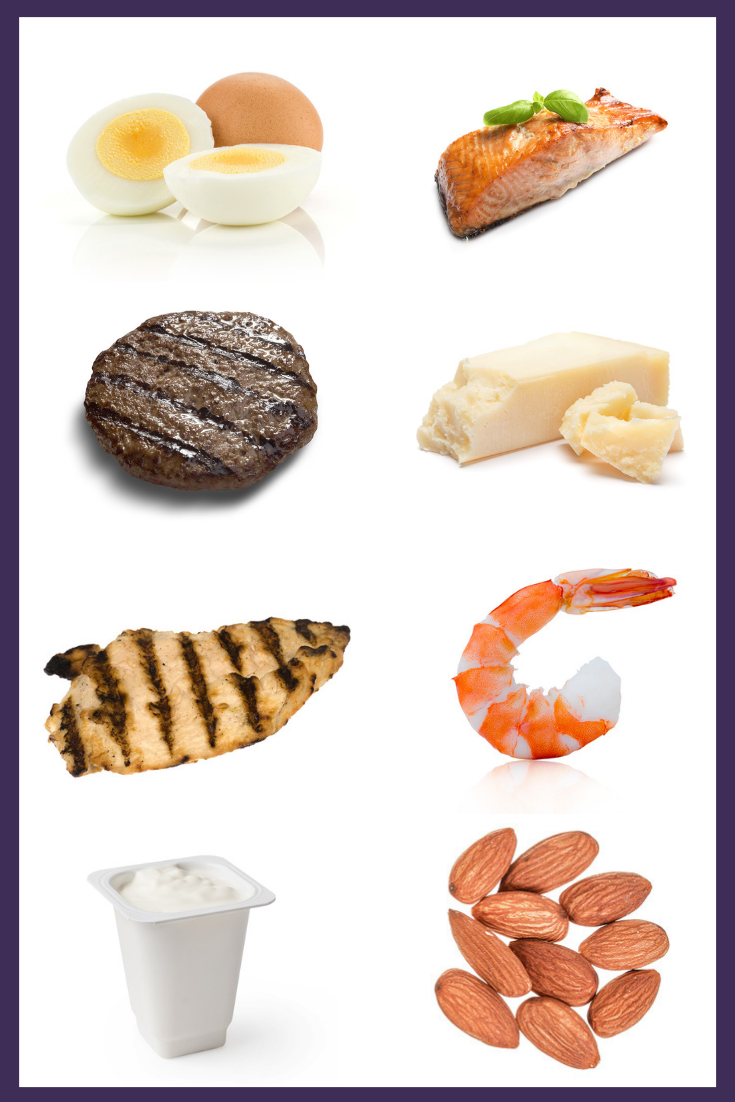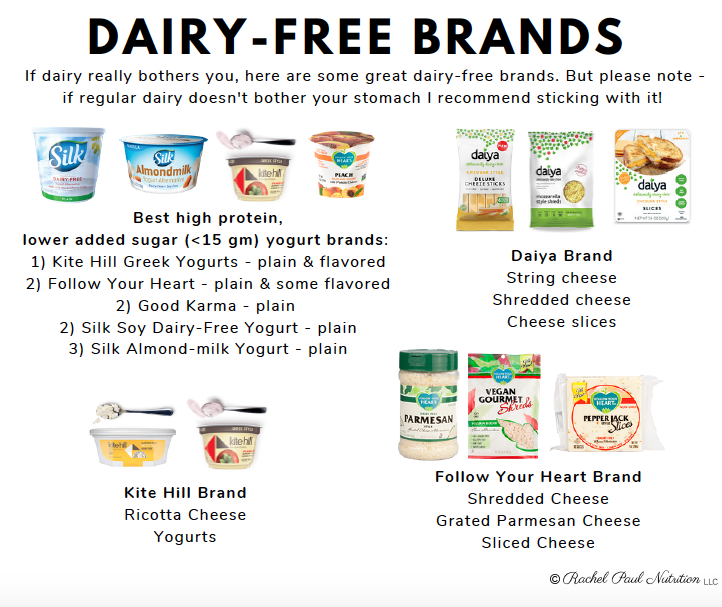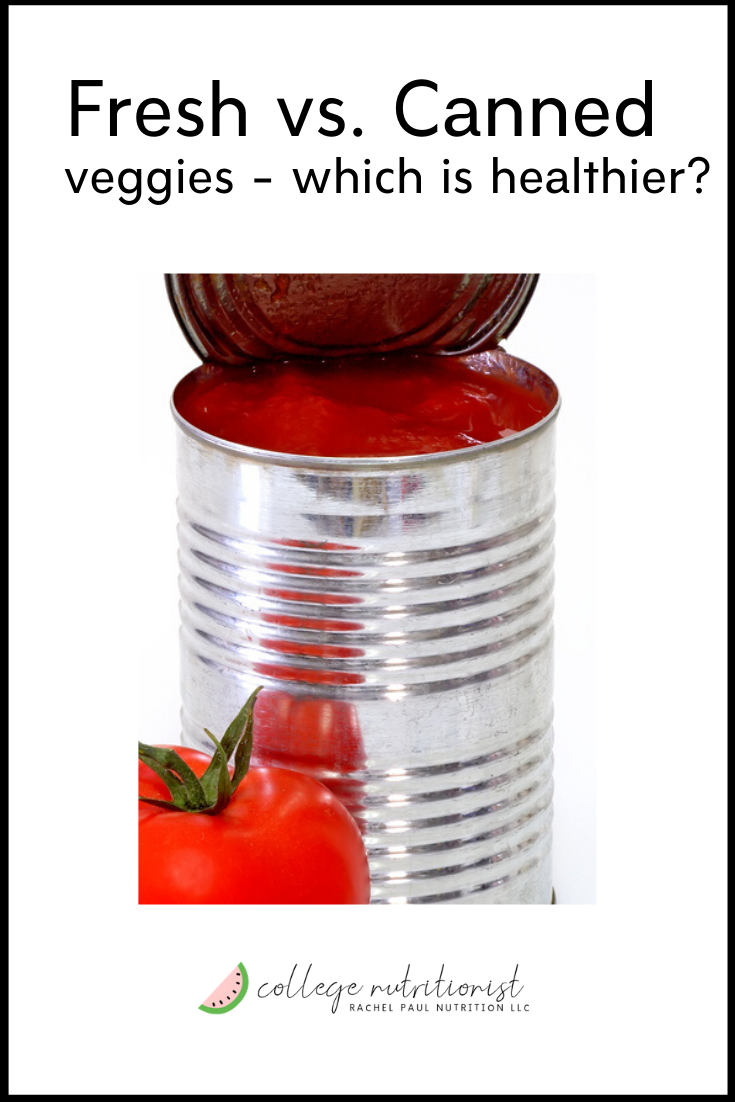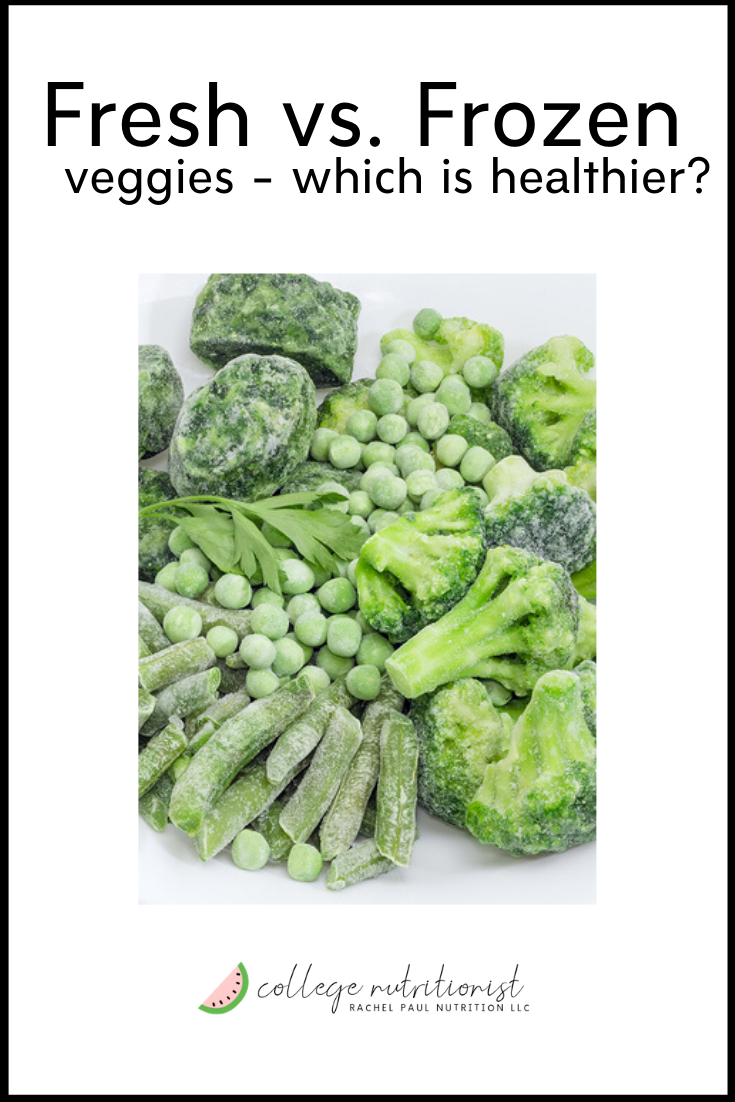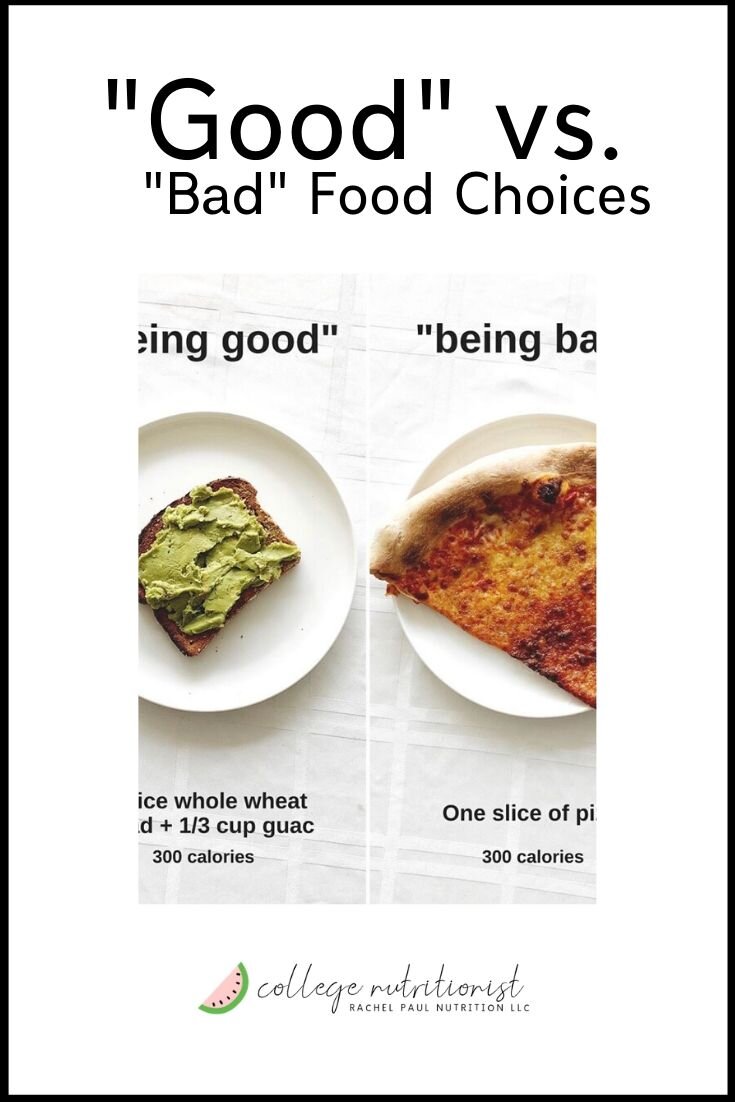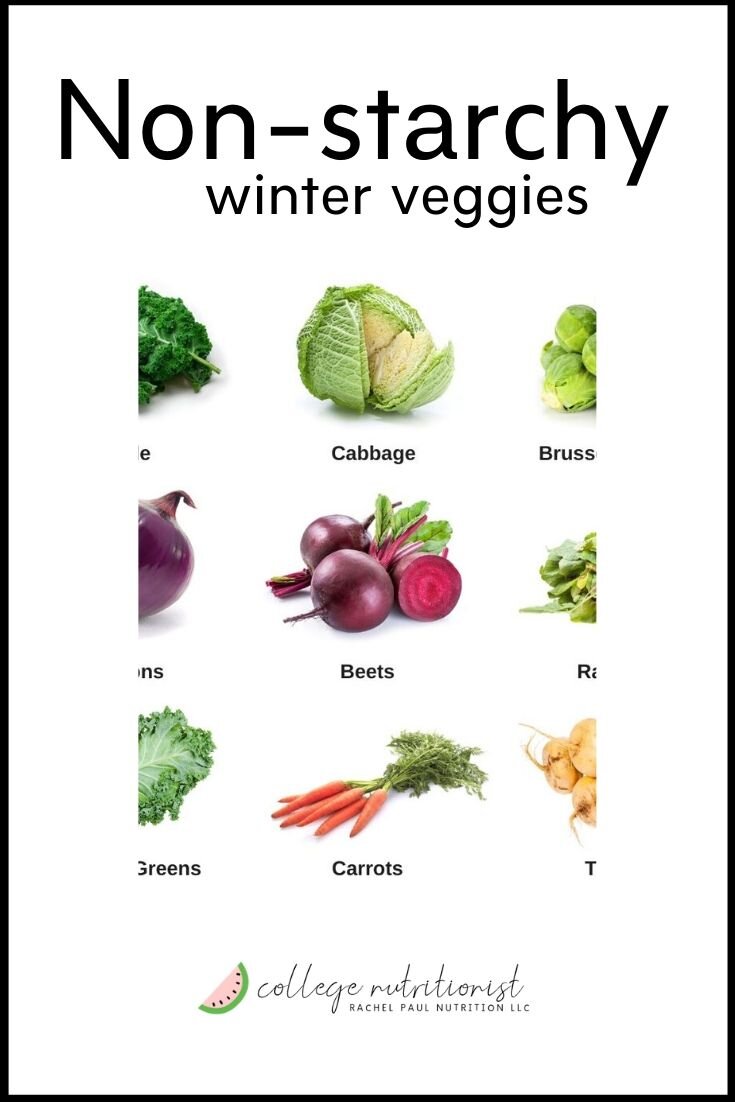Protein and fats are more filling than carbohydrates (not to say we don’t need carbs – we 100% do, and they are good for us!) –
which is why I personally think that a diet higher in high quality fats and protein is helpful for weight management.
Animal Proteins
A protein source of food is either “complete” or “incomplete” – meaning it either contains all or some of the essential amino acids we need for our bodily functions. Complete proteins are mostly found in animal products.
Vegetable-Based Proteins
Some non-animal foods (particularly beans, grains, and nuts and seeds) contain a number of the amino acids our bodies need, but not all of them. These are called “incomplete” protein sources.
You can combine certain incomplete proteins with others to make a complete protein source. But if you eat a variety of foods generally, you likely don’t have to worry about this.
For the purposes of this blog post
I’m listing proteins that are more made of protein than carbohydrate (i.e. so I’m not including grains and beans) – for the reasons I mentioned at the top of this page!
However! If you are want more variety or are vegetarian and feel like you need additional options, use quinoa, buckwheat, or beans (including legumes, lentils, hummus and falafel) as a protein source 🙂
Here is a list where you can see those plant based protein sources.
Ok! So –
Here is a good list and what 1 “normal” serving of different proteins includes. By “normal”, I mean the amount one could add to a meal or snack.
1 “normal” serving = ~150 calories
Poultry (Chicken & Turkey)
-
Chicken breast: one 4oz skinless chicken breast
-
Chicken thigh: one 4oz skinless chicken thigh
-
Grilled chicken strips: 4oz grilled chicken strips
-
Deli slices: 4-5oz deli slices
-
Ground turkey/ chicken: 4oz ground turkey
-
Turkey burger patty: 1 burger
-
Turkey meatballs: depends on the size of meatballs!
-
Sausage: 1 link
Pork
-
Pork tenderloin: 4oz tenderloin
-
Deli slices (e.g. ham): 4oz slices
-
Ham: 4oz slices
-
Uncured prosciutto or salami: 2oz slices
-
Uncured bacon: 3 slices
-
Pork meatballs: depends on the size of meatballs!
-
Uncured pork hot dog: 1 hot dog
-
Turkey jerky: depends on the type!
Meat
-
Ground beef: 3oz cooked
-
Steak tips: 4oz cooked
-
Steak: 3oz
-
Burger patty: 1/2 patty
-
Beef hot dog: 1 hot dog
-
Beef jerky: depends on the type!
Fish & Seafood
-
Tuna: 1 regular-sized can or 1 packet
-
Smoked salmon: 5oz
-
Salmon filet: one 5oz filet
-
Shrimp: 30 medium cooked
-
Lobster: meat of 1 medium lobster
-
Scallops: 6oz
-
Canned salmon: 4oz
Nuts & Seeds (includes some non-dairy substitutes)
-
Tree nuts (almonds, Brazil nuts, cashews, chestnuts, hazelnuts, macadamia nuts, pecans, pistachios, pine nuts, walnuts, etc.): 1/8-1/4 cup
-
Peanuts: 1/8-1/4 cup
-
Nut butters: 2 Tbsp
-
Seeds (e.g. pumpkin seeds, sunflower seeds, etc.): 3 Tbsp
-
Unsweetened nut milk (e.g. almond milk, cashew milk, etc.): 1 cup is a “typical” serving – but only 25-30 calories; you may need to add additional proteins if you choose this one
Soy-Based/ Meat Substitutes (includes some non-dairy substitutes)
-
Edamame: in shell 2/3 cup; shelled 3/4 cup
-
Tofu: 4oz
-
Seitan: depends on the product!
-
Unsweetened soy milk: 1 cup
-
Other meat substitute (e.g. “chicken”, meatballs, sausage, etc.): depends on the product!
Dairy
-
Yogurt: 6-8oz yogurt (3/4 to 1 cup) – from a to-go container or measure out of a big container!
-
Cheese: 1 slice of cheese; 1 string cheese; 1/3 cup shredded cheese; 1/3 cup crumbled cheese
-
Milk: 8 ounces
-
Eggs: 2 eggs
If you don’t eat Dairy, here are some dairy-free brands I recommend
